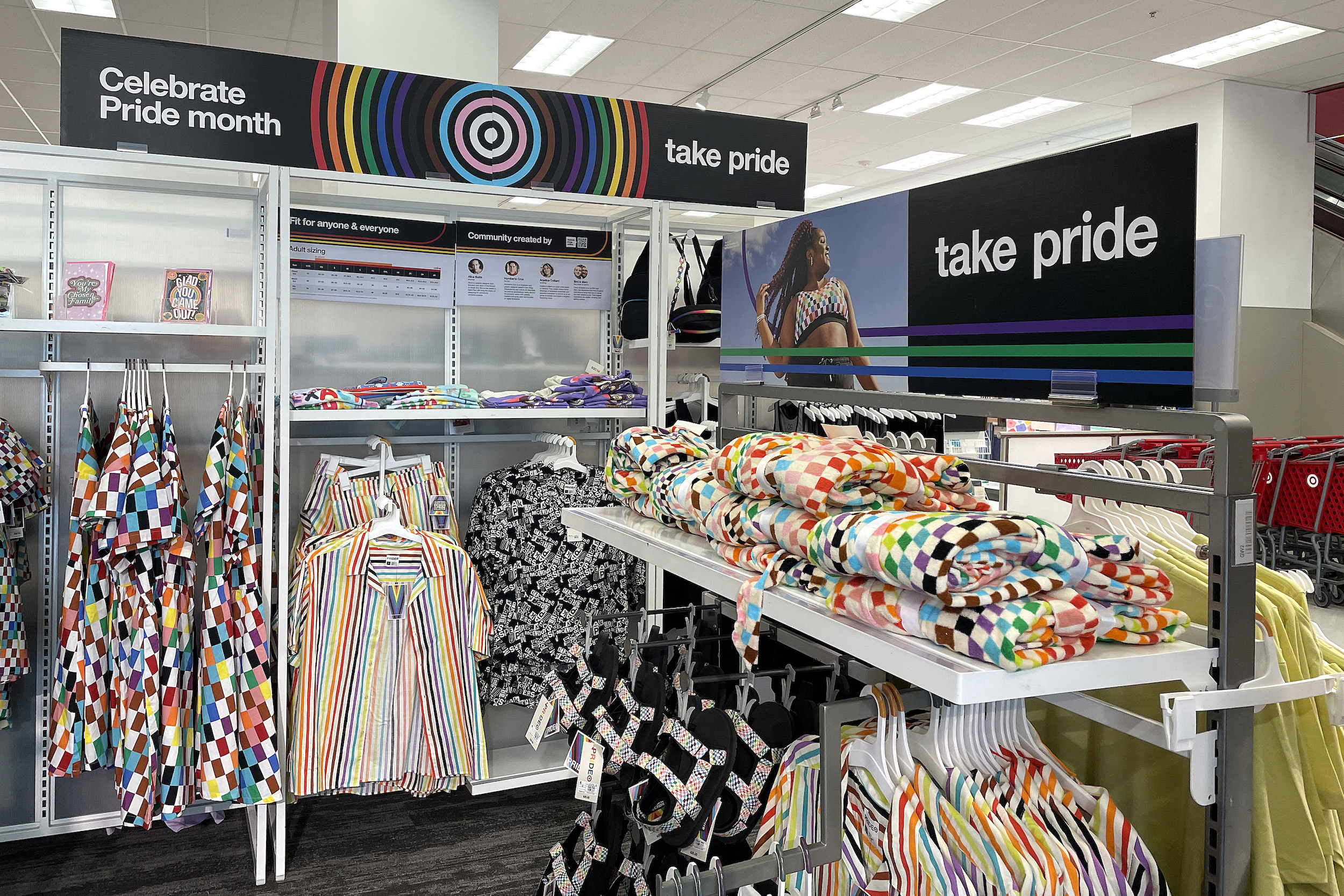Recent years have seen a massive increase in anti-queer legislation in the United States, reflecting a significant backlash against progress made toward LGBTQ equality and inclusion.
According to the American Civil Liberties Union, more than 500 bills targeting the LGBTQ community have been introduced at the state level, 75 of which will take effect in 2023.
These laws, which range from restrictions on gender-equitable health care to limits on LGBTQ representation in education, threaten to roll back rights and protections won over decades of hard-fought advocacy.
However, while right-wing circles are stirring up anti-LGBTQ sentiment, companies have collectively decided to show their support and commitment to a safer life for LGBTQ people – by putting a rainbow on their logo.
All jokes aside, corporate recognition of Pride Month – an annual celebration of the contributions and existence of the LGBTQ community – often contributes to a trend aptly called “rainbow capitalism.”
Rainbow capitalism is where companies sell LGBTQ-branded merchandise under the guise of supporting the community, but with the true motivation of financial gain. It may seem cynical to view these companies as pure profiteers, but recent corporate product pulls under the threat of an “anti-woke” boycott should remind LGBTQ people that companies view them not as people, but as walking wallets.
Companies operating under the banner of “progressivism” can and will flip the switch almost immediately if faced with enough backlash. Pressure from critics will trigger a complete reshaping of how they view marginalized groups and how they expect marginalized groups to view them. The seemingly innocuous support offered by companies during Pride month allows them to appear progressive while still fulfilling their mandate to do what is financially best for shareholders.
In early 2020, as the number of lawmakers authoring anti-LGBTQ bills in several states skyrocketed, the companies quickly signed a Human Rights Campaign petition to voice their opposition. But many of them also supported the political campaigns of the lawmakers responsible for those same bills. AT&T, for example, signed the petition but also donated nearly $223,000 to state officials in Florida, Indiana and elsewhere who were responsible for passing laws that barred transgender athletes from sports, restricted access to vital gender-affirming care and banned discussions about gender and sexuality in schools.

Justin Sullivan/Getty Images
It is important to note, however, that while corporations have historically donated more to conservative politicians (since diehard capitalists are more inclined to give them massive tax breaks), the Democratic Party’s meekness in not addressing the unregulated wealth inequality of corporations and their shareholders has led many of these corporations to support Democratic politicians who mostly unreservedly approve of their business model.
Some will argue that, despite its obvious greed, rainbow capitalism doesn’t necessarily have harmful consequences. Considering that just a few decades ago it was considered extremely taboo (and most likely financially ruinous) for companies to openly advertise to LGBTQ people, the openness of most major companies to show support suggests that progress has been made, at least in public opinion.
In addition, many companies show their support for LGBTQ causes through charitable donations in addition to merchandise. American retail giant Target is known for spending significant amounts on the LGBTQ community throughout Pride Month. In 2021, it donated $100,000 to GLSEN – an organization dedicated to educating people about LGBTQ issues in K-12 schools across the United States. The company’s total donations to GLSEN have exceeded $2 million.
However, the fact that some companies are walking the talk doesn’t change the fact that they are also donating to politicians who are actively trying to pass laws that harm the LGBTQ community. Target, the same company that donated $100,000 to GLSEN, also donated about $350,000 to Republican candidates in 2022.
In fact, a 2023 report from Popular Information found that 25 companies had donated at least $13.5 million to anti-LGBTQ politicians since January 2022. Much of that money comes from companies like Amazon and Walmart – which together donated over $850,000 to Republicans who voted against the Equality Act – that are content to sell LGBTQ items for Pride.
This is what makes “rainbow capitalism” truly capitalist—considering that the purchasing power of queer people and their allies worldwide is nearly $4 trillion. Since the likelihood of profits from tapping into these markets is clear, corporations will continue their superficial form of “progressivity.”
Unfortunately, like the system of capitalism itself, rainbow capitalism doesn’t seem to be going away as long as there’s an opportunity to make a profit. Those in the LGBTQ community and their allies involved in purchasing Pride Month products are either unaware of these negative ulterior motives or are simply apathetic and don’t care. Seeing how brazenly these companies support their efforts, it would be understandable that more and more people fall into the latter category. But that shouldn’t stop anyone – LGBTQ or not – from celebrating Pride for what it’s meant to be, honoring the sacrifices and acknowledging the difficulties LGBTQ people have faced, are facing, and will face.
Riley Singh is a freelance journalist who focuses on social justice, economic and political issues.
The views expressed in this article are those of the author.

